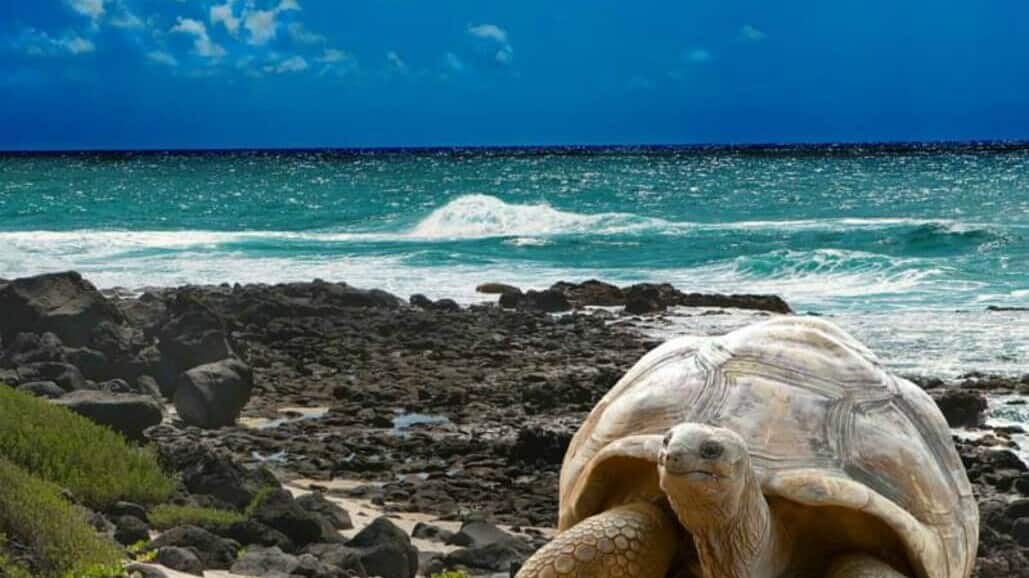
Things to do when visiting the Galapagos Islands in Ecuador
What's the story
The Galapagos Islands, located off the coast of Ecuador, are a unique archipelago where wildlife and nature flourish almost untouched by human influence. Known for their role in Charles Darwin's theory of evolution, these islands offer a rare glimpse into a world where animals have no fear of humans. This destination is perfect for eco-explorers seeking an intimate encounter with nature.
Wildlife watching
Encounter unique wildlife up close
Visiting the Galapagos Islands offers a unique chance to see species not found elsewhere. Giant tortoises roam the highlands, while playful sea lions are common along sandy shores. Bird watchers can observe blue-footed boobies, frigate birds, and the rare Galapagos penguin in their natural settings. This experience is captivating for anyone interested in unique wildlife encounters.
Snorkeling and diving
Dive into pristine waters
The waters surrounding the Galapagos Islands are as rich and diverse as the lands themselves. Snorkeling or diving here allows you to swim alongside colorful fish, sea turtles, and even harmless sharks in crystal clear waters. The underwater volcanic landscapes create a surreal environment for exploring marine life. No previous experience is required for snorkeling, making it an accessible adventure for all ages.
Volcano trekking
Hike through otherworldly landscapes
For those who prefer land-based adventures, hiking on the Galapagos offers breathtaking views and challenging treks through otherworldly landscapes. Trails lead you through diverse ecosystems—from lush highland forests to barren volcanic fields—each offering its own unique beauty and wildlife sightings. The hike up Sierra Negra Volcano is particularly rewarding with its vast caldera offering panoramic views.
Eco-education
Learn about conservation efforts
At the Charles Darwin Research Station, visitors gain insights into conservation efforts aimed at preserving the Galapagos ecosystem for future generations. Here, they learn about breeding programs for endangered species, including the giant tortoise and land iguana. This visit offers an enlightening experience, emphasizing the importance of protecting natural habitats worldwide and showcasing the station's crucial role in these conservation efforts.